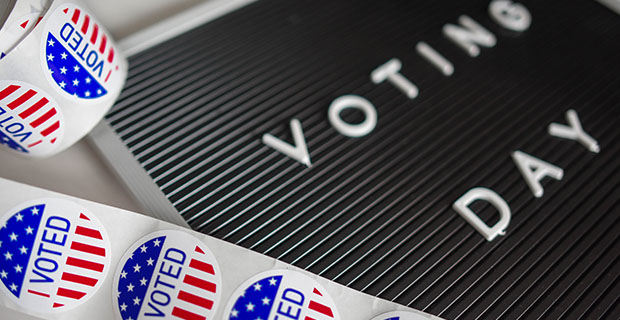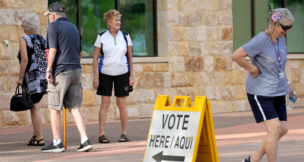Verifying a candidate’s address isn’t required – yet
Camryn Sanchez Arizona Capitol Times//November 3, 2022//
Verifying a candidate’s address isn’t required – yet
Camryn Sanchez Arizona Capitol Times//November 3, 2022//
Legislative District 22 Senate Republican write-in candidate Dick Weed doesn’t live in District 22, according to a quick search of his residential address. And he’s not...













































